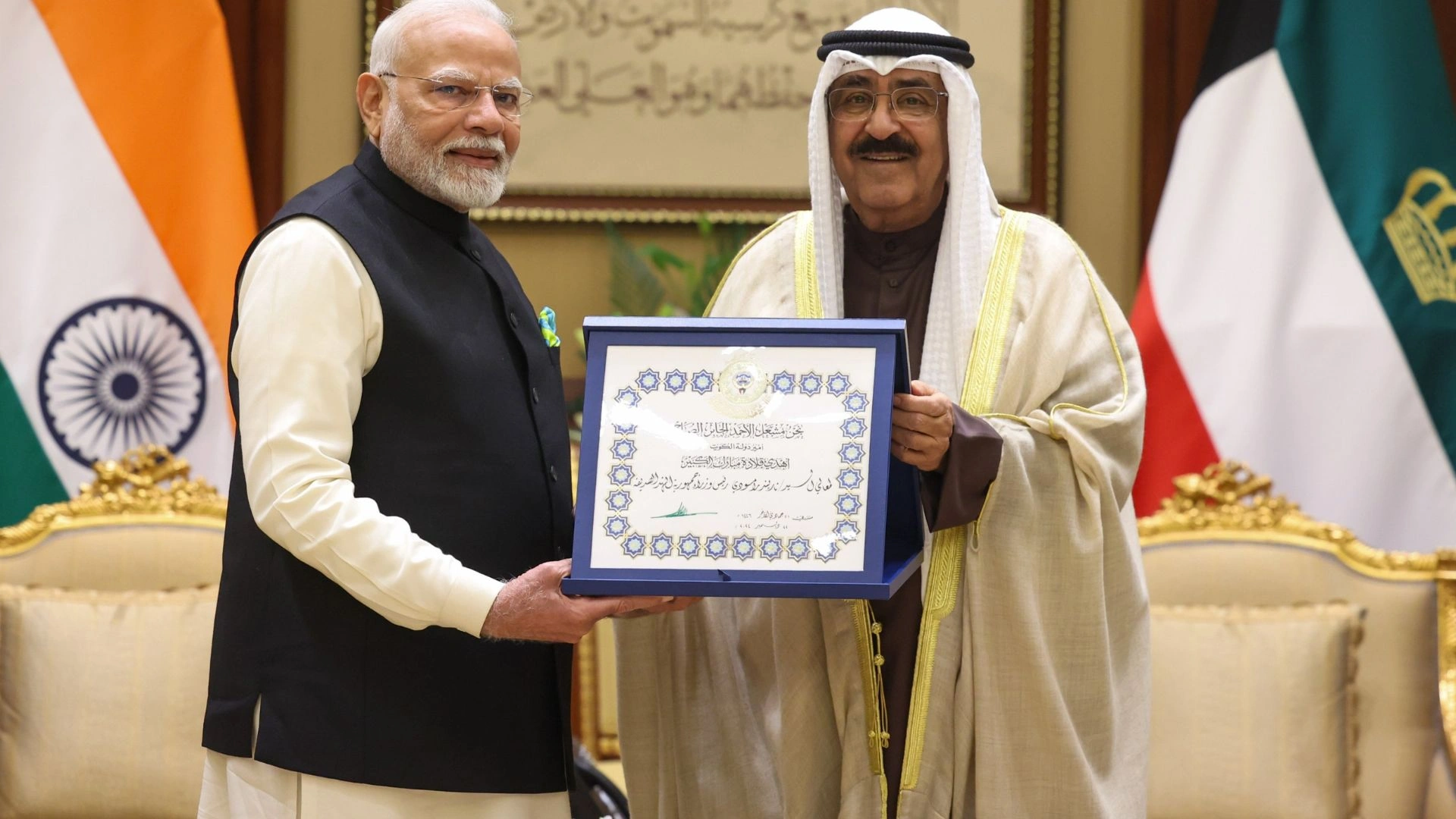Bangladesh’s army chief, Waker-Uz-Zaman, announced on Monday that he will establish an interim government following the resignation and departure of Prime Minister Sheikh Hasina amidst widespread protests.
“We will form an interim government,” Waker declared in a televised address to the nation, confirming that Sheikh Hasina had resigned.
Democratic foundations have eroded, revealing flaws in the electoral process, weakened legislative checks against executive overreach, and unequal access to justice institutions.
Countries with Military Rule and Key Dates:
Mali: Since August 2020
Myanmar: Since February 2021
Chad: Since April 2021
Guinea: Since September 2021
Sudan: Since October 2021
Burkina Faso: Since January 2022
Niger: Since July 2023
Gabon: Since August 2023
Mali:
Mali has been under military rule since August 2020. Colonel Assimi Goïta currently leads the interim government after seizing power from President Ibrahim Boubacar Keïta in 2020 through the National Committee for the Salvation of the People.
Myanmar:
Myanmar gained independence from British colonial rule in 1948 but soon fell under military control from 1962 to 2011. After a brief period of democratic reforms, the military seized power again in 2021.
The United States and European countries have since imposed sanctions, causing many multinational companies to exit, particularly in the energy and telecommunications sectors.
Chad:
Chad has a history of military autocracies. In 1987, General Idriss Déby took power in a coup, ruling until his death in 2021. His son, General Mahamat Idriss Déby, then took over as head of the transitional government.
MUST READ: Sheikh Hasina Quits As Bangladesh PM, Flees Country Amid Unrest
Guinea:
Since gaining independence from France in 1958, Guinea has experienced successive dictatorships. The first civilian governments emerged in 2010 and 2013 under Alpha Condé, but he was ousted in 2021 by Colonel Mamady Doumbouya, who now serves as the interim president.
Sudan:
On October 25, 2021, the Sudanese military took control, removing the civilian government led by Abdalla Hamdok. The military justified their actions by citing internal discord within the civilian administration. The ensuing political instability has worsened Sudan’s economic crisis, with Western nations halting financial aid.
Niger:
On July 26, 2023, the presidential guard overthrew President Mohamed Bazoum. General Abdourahamane Tiani, head of the guard, assumed power. The West African regional bloc ECOWAS approved the deployment of a standby force to restore constitutional order but continues to seek a diplomatic solution. Niger’s new military leadership has proposed a transition period of no more than three years to return power to civilians.
Gabon:
Gabon has also experienced a military takeover, adding to the list of countries where democratic processes have been disrupted by military interventions.
The decline in democratic foundations, marked by electoral process flaws, weakened legislative checks, and diminishing core democratic rights, has led to increased political instability across several regions.
Countries like Mali, Myanmar, Chad, Guinea, Sudan, Niger, and Gabon have all experienced significant disruptions to their democratic processes, resulting in military rule and ongoing challenges to restoring civilian governance.
















